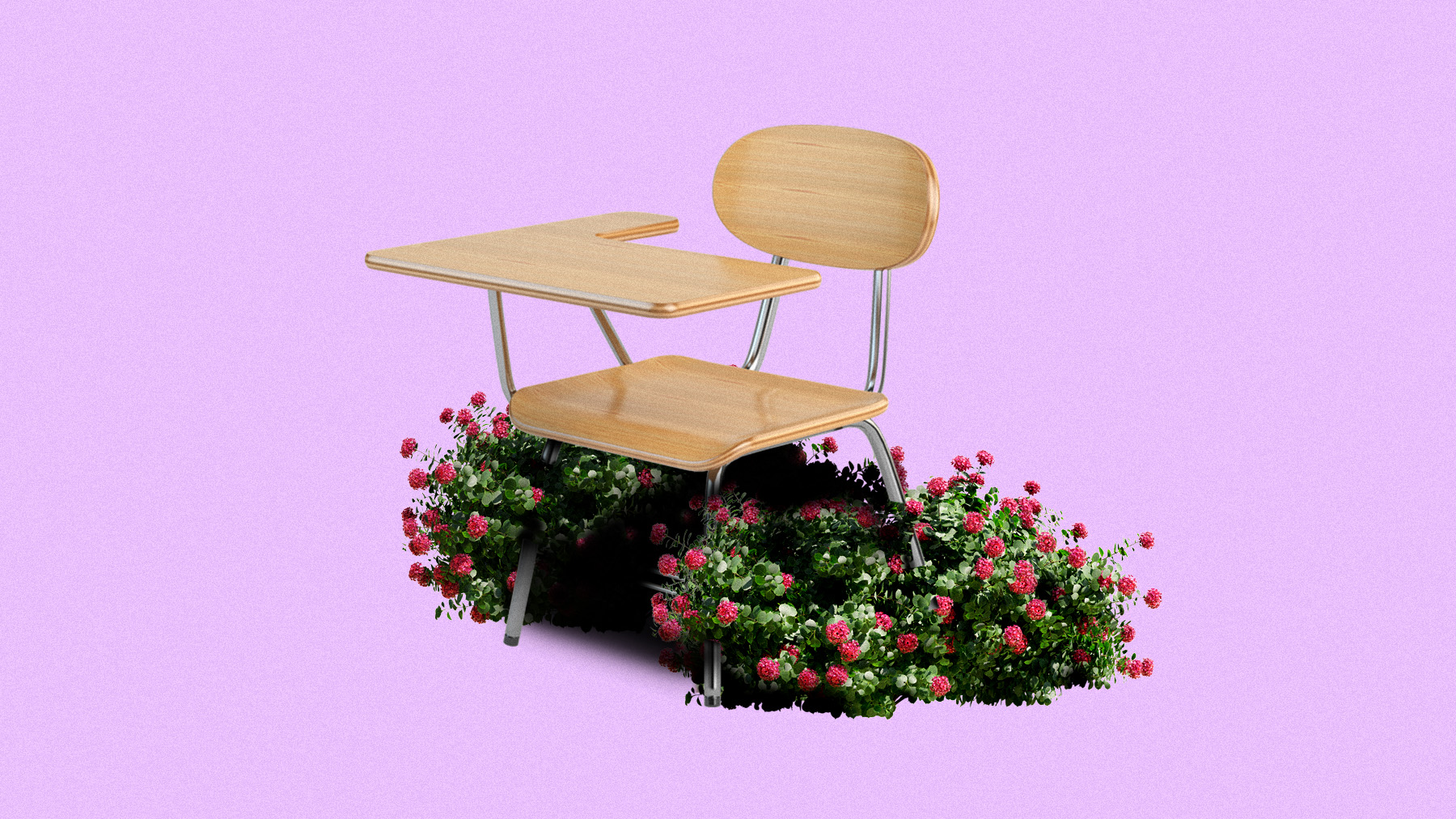During this back-to-school season, let’s commit to ending school pushout and keeping children in the classroom. Effective classroom facilitation is critical to supporting student learning and lessening behavior concerns. We offer this classroom facilitation model with practices to help educators respond to student behavior with the goal of ensuring well-being and keeping learning on track rather than maintaining absolute control. It focuses on children’s development instead of punishment and offers proactive and inclusive practices to create affirming learning spaces.
Reframing classroom facilitation requires an understanding of what is realistic to expect of a child. Our expectations should be based on what we know of the child’s personal circumstances, the message their behavior sends and their developmental level. Children enter classrooms with unique personalities and challenges; educators should consider these factors when assessing how to support children within the classroom community.
Responsive classrooms are shared community spaces where children are growth partners and leaders of their own learning.





